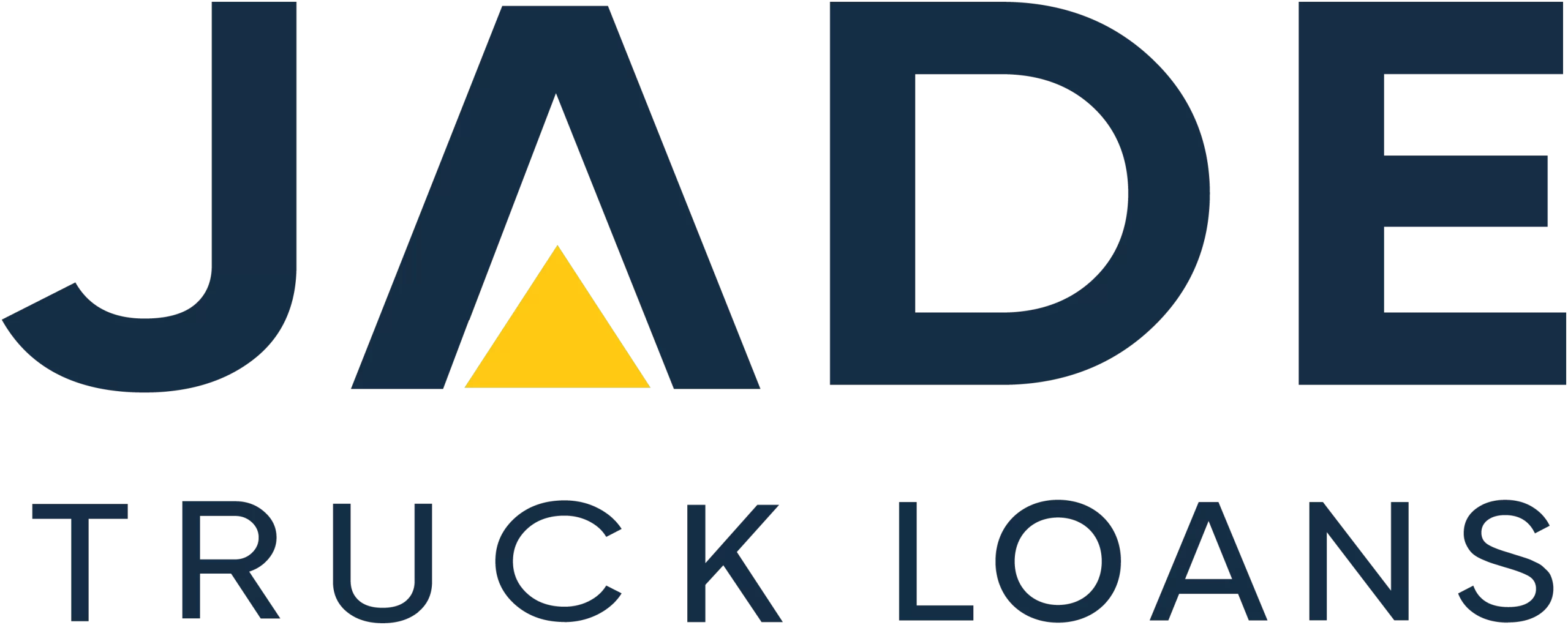The commentary around why the RBA should raise interest rates started mid to late last year and has steadily gained momentum through the first few months of this year. While for some time it was looking like a rate rise would not occur until around 2024, the is increasingly likely, in fact more like definite, that the RBA will move on rates this year. Any change in the cash rate by the RBA will have a flow-on through lending markets including truck loan interest rates.
We have expanded our coverage through our articles to underscore the importance of seizing the opportunity to secure a truck loan while interest rates remain at historically low levels. Taking action on a new truck acquisition promptly, while truck loan interest rates are at their lowest in years, could potentially mitigate the impact of higher interest rates for loans secured after a rate hike.
Initial calls for a rate increase were predominantly from economic analysts, with a focus on the real estate market. The allure of low interest rates had prompted many to enter the property market, leading to soaring prices. Raising rates was seen as a measure to temper this trend and make homeownership more attainable.
More recently, the discourse surrounding an early uptick in the official cash rate has been emanating from influential figures, with a greater emphasis on shifts in the economy relating to inflation and unemployment. This update delves into some of the recent statements and may offer insights to those contemplating a new truck investment.
Recent Interest Rate Rise Commentary
In the past few weeks there have been comments made by both senior figures at Australia’s largest bank, the CBA, and from the Treasure Secretary. Both worth noting.
The CBA is of course one of the lenders that Jade Truck Loans is accredited with, along with all the major Australian banks, other smaller banks and a vast selection of non-bank lenders. A senior CBA economist reportedly expects that the RBA will start to raise the cash rate by June 2022.
Certain analysts have forecasted that the official cash rate might witness an escalation from its current historic low of 0.1% to potentially as high as 1% in the latter part of 2022.
During a recent Senate estimates hearing, Dr. Steven Kennedy, the Treasury Secretary, remarked that the cash rate would need to be elevated in a process he referred to as 'normalizing.' As a member of the RBA Board, Dr. Kennedy refrained from specifying a timeline for any prospective increase.
Economic Data
While refraining from specifying an exact timeframe for a potential rate increase, the RBA consistently indicated throughout 2021 that it anticipated the economic prerequisites for a rate hike to materialize around 2024. These prerequisites are closely tied to unemployment and inflation targets. The specific benchmarks involve sustaining inflation within the 2-3% range and maintaining unemployment at or below 4%.
Recent data for January has unveiled an unchanged unemployment rate of 4.2%, which mirrors the rate from December 2021. Significantly, this marks the lowest unemployment level recorded in the past 13 years. This aligns with the RBA's February Statement on Monetary Policy, which conveys that the economy's post-Delta recovery has not been "derailed" by the Omicron variant.
Even as unemployment decreases, inflation rises, which presents a challenge for regulators and policymakers to strike the right balance in managing these crucial economic drivers.
RBA Governor Philip Lowe, Prime Minister Scott Morrison, and Treasurer Josh Frydenberg have all articulated that the country holds the potential to attain the ambitious goal of achieving full employment.
The forthcoming significant announcements will likely revolve around the March RBA Board meeting and the later unveiling of the Federal Budget in March. Although the customary timing for the Budget is May, adjustments have been made due to the possibility of a Federal Election in May. While the Government, Treasurer, and Budget do not directly determine the cash rate decisions, the policies related to taxation incentives and other measures can influence decisions regarding truck purchases and finance.
Putting a Rate Rise in the Truck Loan Context
Amidst all the discussions, viewpoints, and declarations from prominent figures and analysts, the pivotal concern for truck buyers remains: How will an increase in interest rates impact my truck loan? In essence, alterations to the cash rate reverberate throughout lending markets. The extent to which individual lenders adjust their rates in response to an RBA shift will hinge on the specific policies of each lender.
Business finance - Commercial Loan Options including truck loans, is not regulated in the same manner as consumer finance and we have lenders that can be flexible and negotiable on truck loan interest rates. While we place an emphasis on always achieving better, cheaper truck finance rates, if the market goes up then it can be logically presumed that most lenders will react with some increase.
While incremental increases by 0.05% to 0.15% may on the surface appear very small, when factored into a truck loan on a new vehicle over a 7 year loan term, the difference in monthly repayments and total interest can be significant amounts.
To work out what that may mean for your upcoming purchase, use our Truck Loan Repayment Calculator. Keep the loan, term and balloon figures the same and change the interest rate by small amounts to note the difference in repayments.
Undoubtedly, it’s a matter of when, not if, the cash rate and lending rates will experience an increase in 2022. The precise timing remains uncertain, but we will diligently monitor announcements and indicators. While the appropriate timing for new vehicle investments varies based on individual business considerations, taking action while rates are at their current historic lows might yield significant savings compared to delaying the decision by several months.
Contact Jade Truck Loans on 1300 000 003 to discuss how we can assist you with a cheap interest rate truck loan.
DISCLAIMER: THIS INFORMATION IS ISSUED PURELY FOR THE PURPOSE OF GENERAL INFORMATION PROVISION. IT IS NOT TO BE TAKEN AS THE ONLY SOURCE OF INFORMATION FOR BASING FINANCIAL DECISION-MAKING. THOSE REQUIRING FINANCIAL GUIDANCE AND ADVICE SHOULD CONSULT WITH THEIR FINANCIAL CONSULTANT OR ADVISOR. NO LIABILITY IS ACCEPTED FOR ANY MISREPRESENTATION OF POLICIES, DATA OR ERRORS IN THIS CONTENT.


 " alt="">
" alt="">